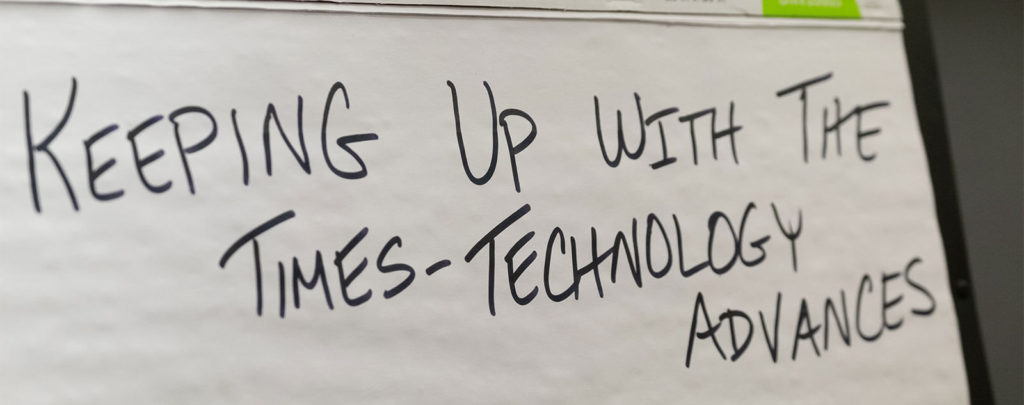This is a challenging patient, “late in their addiction career.” These are often the difficult questions as these are often the sickest patients. The options will be limited with a late stage case like this. Methadone doesn’t treat benzodiazepine or cocaine dependence so you’ll need other strategies, including medication, to treat these other disorders.
Discussing naloxone and overdose prevention with family is sometimes a good mechanism for expressing your concern about how he is doing. It’s a good message with which to reach him.
I prefer to refer to the sample as either positive or negative. As professionals managing patients in a medical context we should avoid street slang when discussing these as it stigmatizes the disease.
Monitoring routinely conveys an expectation. If you only monitor when you suspect something, it may stigmatize the monitoring. Watching people take the medication can be important to ensure they are taking it the right way, as it testing them afterwards to determine a baseline for their levels. Pill counting is another important tool at your disposal. By establishing an expectation of monitoring, people tend to be more honest in their self reports. It should be a normal part of what you do with all patients.
The less people adhere to a program, the more structure they need. That means seeing them more often, more frequent monitoring and perhaps intensifying treatment. I believe monthly prescriptions are a privilege and if they need to earn that privilege by doing well. It’s important to document our actions very clearly because that’s what protects us and protects our patients.


